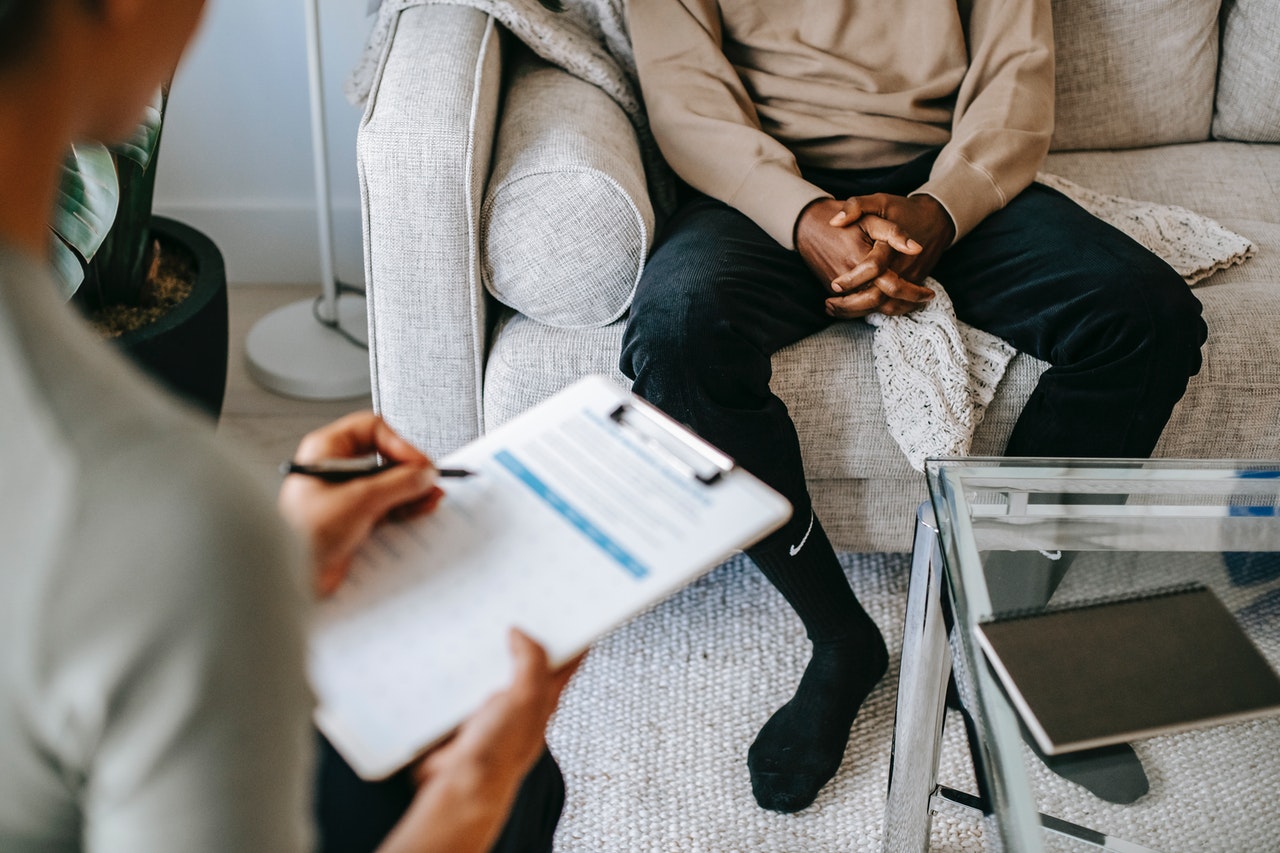If you’re suffering from anxiety, dealing with therapy for the first time can be a nerve-racking experience. Many people delay getting help because they are too anxious and uncertain. They don’t want to face a new experience or talk to a stranger about their mental health. People with anxiety like to have a clear understanding of what they should expect from new experiences. Fortunately, you can plan your sessions with an online therapist. Here are some tips that can help you get over your uncertainty and focus on your mental health:
Online Therapist: Warm Up with Small Issues
The first thing is to warm up and establish a rapport with your therapist. You don’t need to focus on the deeper and more heavy issues early. Your therapist won’t force you to focus on these issues and you can easily pass the first few sessions just discussing everyday life.
Don’t think that this is a waste of your therapist’s time. Even small, meaningless conversations will give your therapist an idea about your personality and help them understand you better. That will have a positive impact on future sessions.
Think About Discussing Your Current Mood
Instead of focusing on what topic you should discuss, discuss your current mood. Attending a therapy session is always a big decision that requires a lot of commitment. Many people have to convince themselves to visit a therapist and are in a peculiar mood during the first session.
Why not start by discussing your feelings and moods regarding therapy? This will allow you to establish a foundation for your sessions with the psychologist. Discussing your mood can also help you resolve your anxiety and prepare you to explore deeper topics. Even venting can help clear your mind and focus your attention on what matters.
Discuss What You Should Expect From Therapy
Every therapist has different approaches to therapy. That’s especially true for new mediums like online therapy. You may want to look at how the therapy is conducted and what you can expect from every session.
A good therapist will want to make you comfortable and ensure you’re relaxed during your session. You can take this time to understand how your therapy will progress throughout the session and in the long term. This is particularly helpful for patients with anxiety because they know what to expect. That can lessen the chances of your anxiety being triggered during the session.
Discuss Relationships
Relationships have a big impact on a person’s overall health and well-being. No relationship is infallible and many experience ups and downs that can have a big impact on their mental stability. This is something you can freely discuss during your session with an online therapist. If you have any contentious relationships and seek an unbiased opinion, talking to a therapist can help.
Relationships can also be an anxiety trigger and cause problems down the line. You need to identify which connection is triggering your anxiety regularly. A therapist will help you come up with ways to manage such relationships and resolve any triggers.
Online Therapist: Don’t Censor Yourself
A therapist’s office is very neutral and it is a safe space for you. That carries onto your online therapy as well. Your online chatroom is a safe space where you can talk about anything without feeling shy or embarrassed.
Do you need to discuss your sexuality? Are you worried about your test results? Are you being bullied at school or at your workplace? Your therapist will not judge you and will help you navigate the situation.
Once you have established a good rapport, you can start talking about deeper issues, trauma, and severe anxiety triggers. So don’t hesitate to google anxiety counseling near me today.








